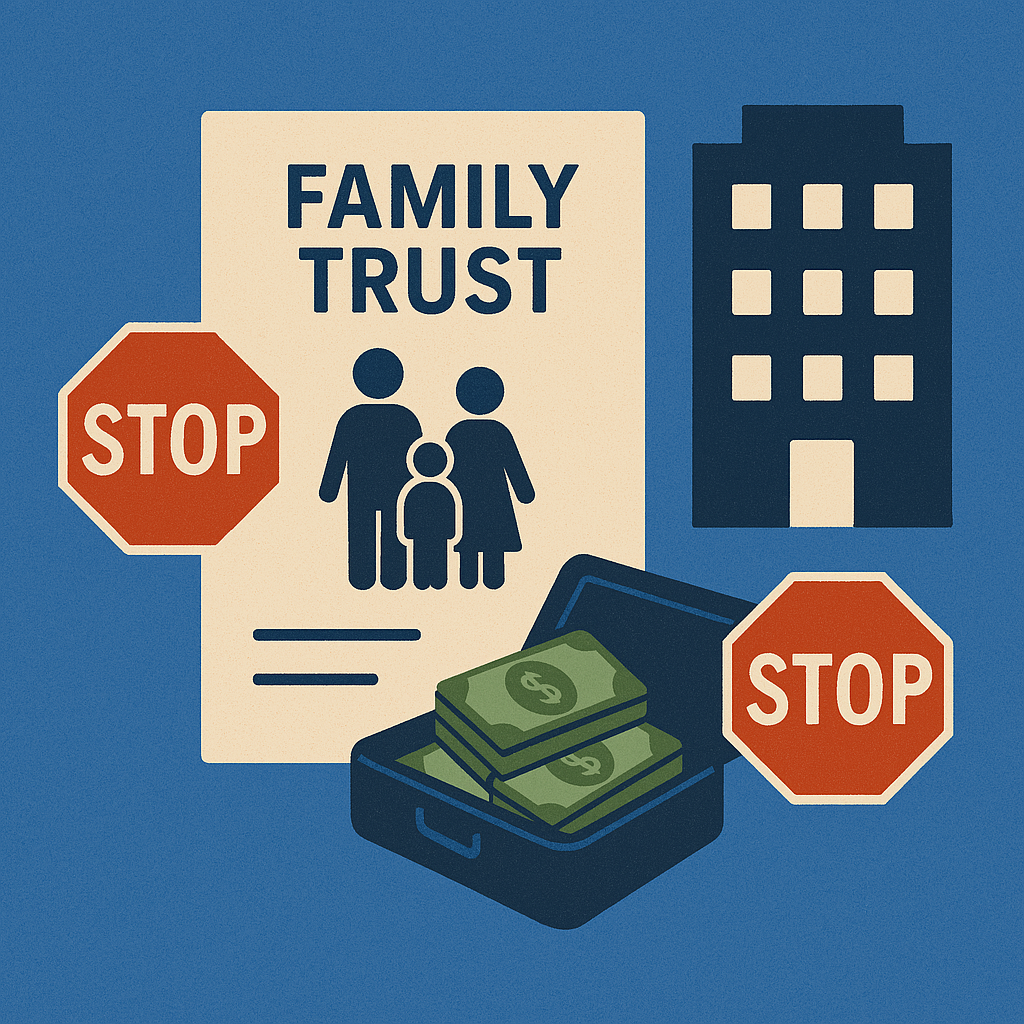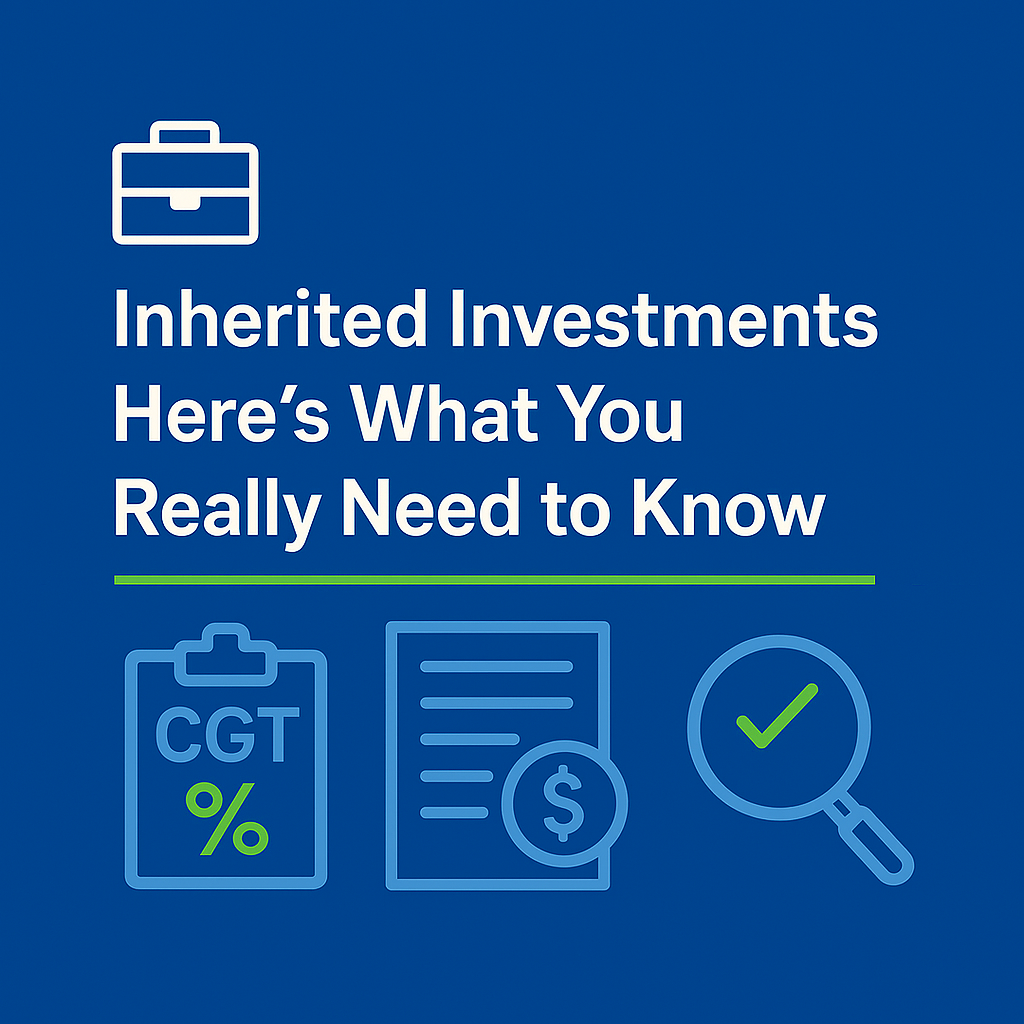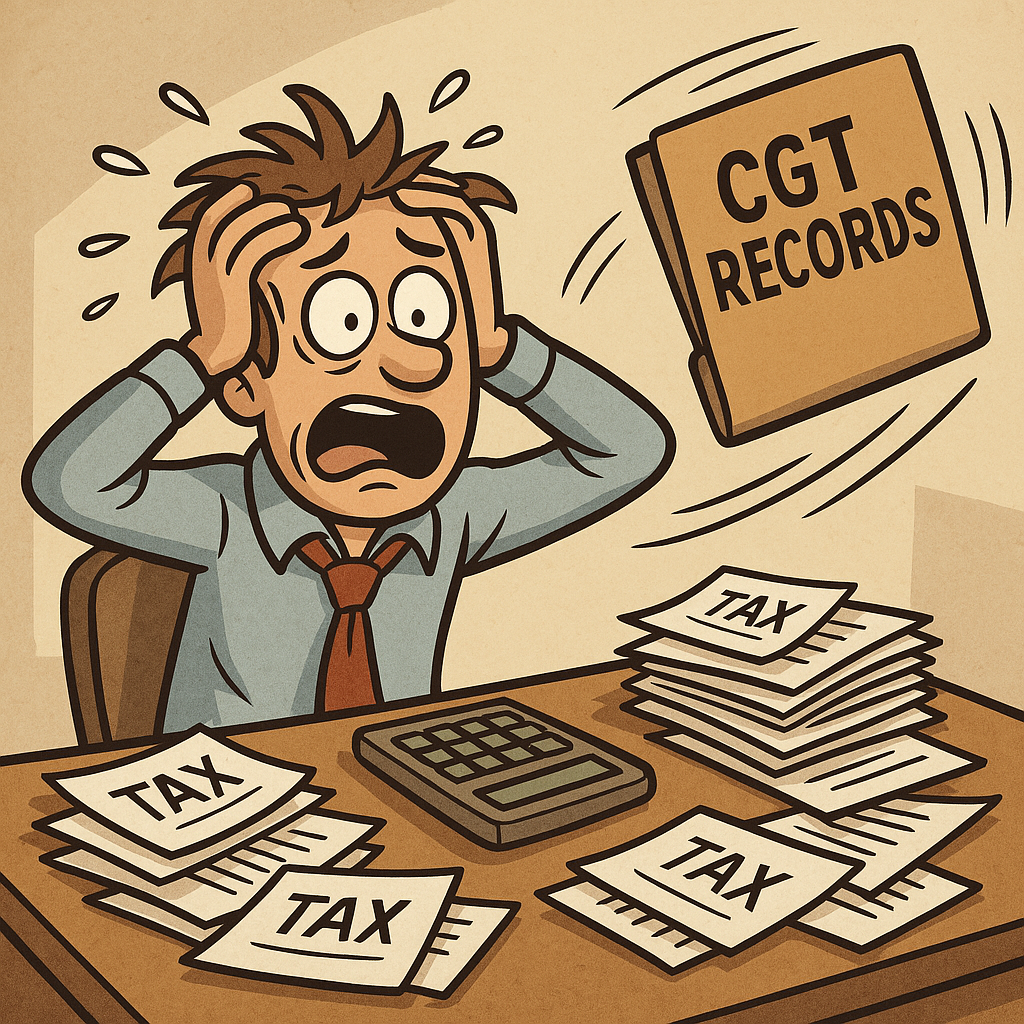Downsizer Super Contributions: Dispelling three myths
Billions of dollars in downsizer super contributions have been made since its introduction in 2018. Downsizer contributions are popular, but three common misconceptions keep them from being more so.
Introduction
Downsizer super rules allow people aged 55 and over who sell their home to contribute up to $300,000 into super. The rules say that you can be too young to make the contribution, but you can never be too old. This is why people who usually can’t make contributions due to their age love downsizer contributions.
People with large amounts to contribute also love downsizer contributions because they allow you to contribute over and above the ordinary contribution cap limits.
The “downsizer super contributions” has caused confusion about who is eligible and when. It is important to speak to an adviser to confirm your eligibility, but don’t be fooled by the following three myths which stop people from making a downsizer contribution.
You must “downsize” your home
A common misconception is that you must "downsize" by purchasing a cheaper home. While selling your home is required, there is no obligation to buy a less expensive property – or even to purchase a new home at all. In fact, some people choose to "upsize" and make a downsizer contribution using other savings. This is completely acceptable (see below).
Proceeds must come directly from the sale
The downsizer contribution does not need to come directly from the sale proceeds. If all the sale proceeds are used to purchase a new home, the individual can use savings elsewhere to fund the contribution. Individuals may also make a downsizer contribution in the form of an ”in-specie” contribution of another asset like listed shares so long as the value of the asset is within the allowable limits i.e. the lesser of sale proceeds or $300,000. Remember only self-managed-super funds generally accept in-specie contributions and these are limited to specific assets like listed shares, business real property and units in a widely held unit trust such as a managed fund.
You must live in the home at the time of selling
Another misunderstanding is that you must be living in the home when it’s sold. This is untrue but it is necessary to have lived in the home at some point. This requirement exists because eligibility for a downsizer contribution depends on qualifying for at least a partial main residence capital gains tax (CGT) exemption. While you must have previously lived in the home, it does not need to be your main residence when you sell it.
Conclusion and helpful checklist
Understanding the downsizer rules will help you to ignore the myths. It is important you speak to a qualified adviser to confirm your eligibility, but the following checklist may help you check off on your eligibility.
| Rule # | Description of rule | Check |
|---|---|---|
| Rule 1 | You are age 55 or over at the time of making the contribution | Yes |
| Rule 2 | You have sold an eligible home (dwelling) | Yes |
| Rule 3 | You or your spouse have sold an interest in a dwelling held for at least 10 years by either yourself, your spouse or former spouse | Yes |
| Rule 4 | The disposal is at least partially disregarded under the main residence exemption or would have been eligible for the exemption had the property not been a pre-CGT asset | Yes |
| Rule 5 | You will make the contribution within 90 days of receiving the sale proceeds | Yes |
| Rule 6 | The contribution is within the lesser of $300,000 and the sale proceeds | Yes |
| Rule 7 | You have not made a downsizer contribution from the sale of another home | Yes |
Essential reminder
Don’t forget to submit the “Downsizer contribution into super form” (NAT 75073) to your fund with or before the contribution is made.











